17 Myths About Rottweilers That Everyone Gets Wrong
Rottweilers often face misconceptions that overshadow their true nature. Despite their intimidating looks, these dogs are intelligent, loyal, and loving companions. From their behavior to their training needs, many myths misrepresent this incredible breed. Let’s debunk 17 common myths about Rottweilers and uncover the truth behind these misunderstood dogs.
Rottweilers Are Always Aggressive

Credit: iStockphoto
Rottweilers are not naturally aggressive. They’re protective, loyal, and calm when raised in a loving, structured environment. Their intimidating appearance may lead people to misjudge them, but aggression is not part of their nature. With proper training and socialization, they’re gentle, affectionate, and reliable companions who thrive in family settings.
They Can’t Be Around Kids
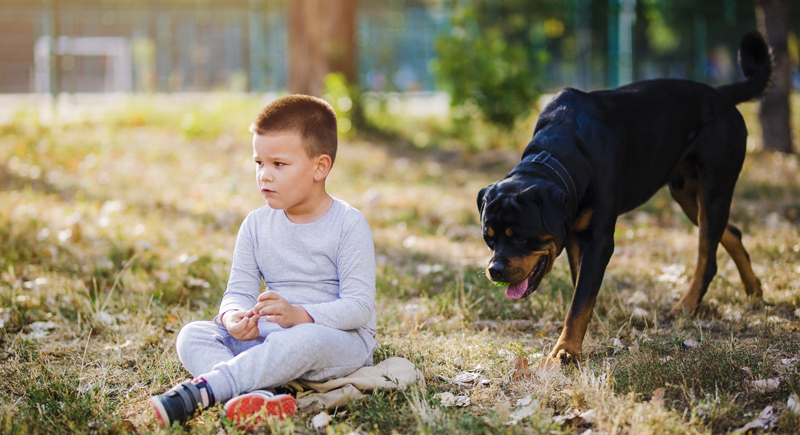
Credit: iStockphoto
Rottweilers can be fantastic family dogs, especially with children. Their protective instincts make them great at watching over kids, and they’re known for their patience. Proper socialization ensures they’re gentle and calm around little ones. Like with any breed, supervision and early training are key to creating a safe environment.
Rottweilers Are Hard to Train

Credit: iStockphoto
Rottweilers are intelligent and eager to please, making them highly trainable. They respond well to consistent, positive reinforcement methods. Their strong work ethic allows them to excel in obedience and advanced training. Misbehavior often stems from boredom or inconsistent guidance, not difficulty learning. With proper engagement, they quickly become well-behaved companions.
They Only Belong to Experienced Owners
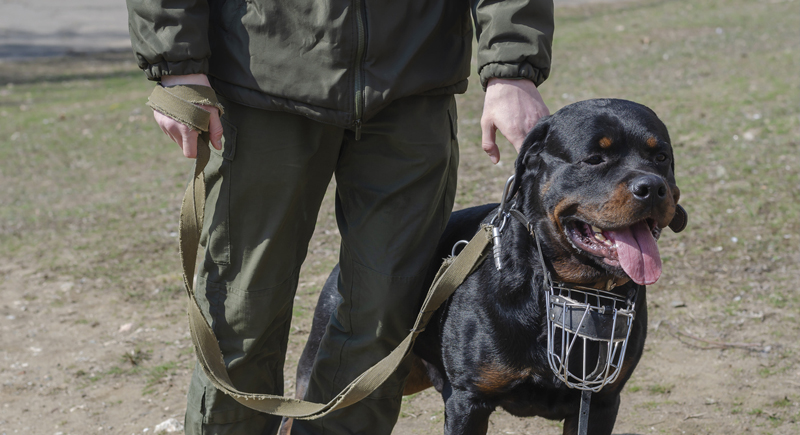
Credit: iStockphoto
While Rottweilers benefit from confident handlers, first-time owners can successfully raise them with commitment and proper guidance. They require structure, training, and regular exercise to thrive. With patience and the willingness to learn, new owners can enjoy a well-mannered, loyal Rottweiler that fits seamlessly into their family.
Rottweilers Are Dangerous Around Other Animals
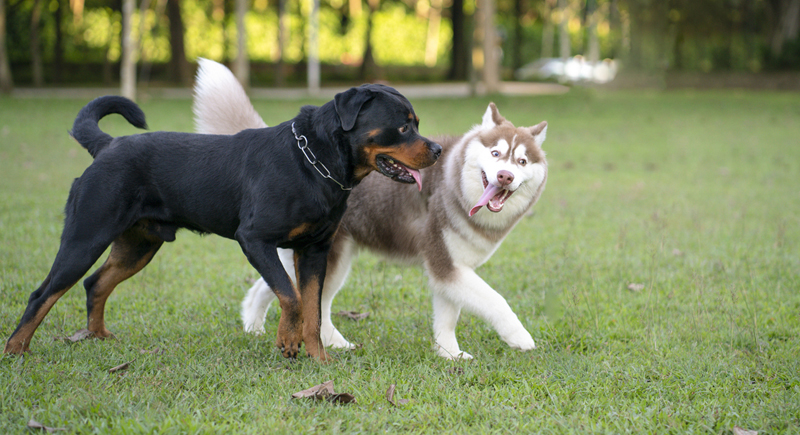
Credit: iStockphoto
Socialized Rottweilers can coexist peacefully with other pets, including cats and smaller dogs. Early exposure and proper training minimize their prey drive. They can be calm and friendly with other animals, especially when introduced gradually. Their protective nature focuses on their family, not other household pets, making them trustworthy companions.
Rottweilers Don’t Need Much Exercise

Credit: iStockphoto
Despite their calm demeanor, Rottweilers need regular physical and mental activity to stay healthy and happy. Daily walks, playtime, and training sessions keep them engaged. Without sufficient exercise, they may develop behavioral problems or become bored. Engaging their strong, energetic nature prevents frustration and keeps them well-adjusted in any environment.
They’re Only Meant to Guard
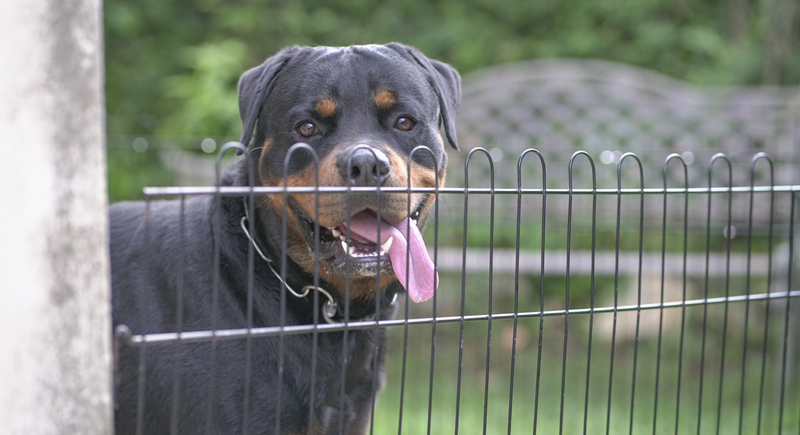
Credit: iStockphoto
While Rottweilers excel as guard dogs, they’re much more than protectors. They’re affectionate, loyal companions who love being part of the family. Their guarding instincts stem from their devotion, but they’re just as happy snuggling on the couch or playing fetch. They balance being alert protectors and loving family pets effortlessly.
Rottweilers Are Unpredictable

Credit: iStockphoto
Rottweilers are predictable when properly raised and trained. Their calm and confident nature allows them to react appropriately to various situations. Unpredictable behavior typically results from poor training or neglect. A well-socialized Rottweiler is dependable, making them one of the most trustworthy breeds for families and individuals alike.
They Have Weak Health
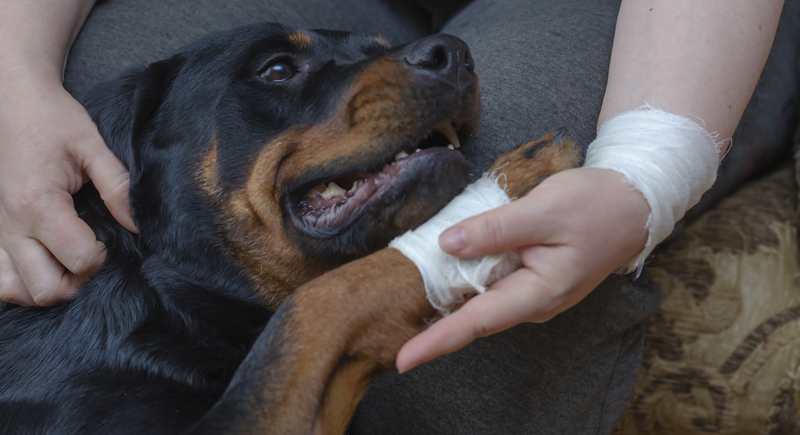
Credit: iStockphoto
Rottweilers are robust and generally healthy, though they’re prone to conditions like hip dysplasia or obesity if not cared for properly. Regular vet visits, a balanced diet, and exercise keep them in excellent shape. With proper care, Rottweilers often lead long, healthy lives, thriving both physically and emotionally.
Rottweilers Are Always Dominant

Credit: iStockphoto
Rottweilers are not inherently dominant but thrive on structure and guidance. When raised with clear rules, they’re obedient and eager to please. Misbehavior stems more from confusion or lack of training than dominance. Providing consistent leadership ensures they’re confident, respectful, and deeply bonded with their families.
They’re Too Big for Apartments

Credit: iStockphoto
Rottweilers can adapt to apartment living as long as they get daily exercise and mental stimulation. Their calm nature indoors contrasts with their active play outdoors. With regular walks, training, and interactive toys, they can thrive in smaller spaces, forming a strong bond with their owners no matter the home size.
Rottweilers Are Dangerous Around Strangers
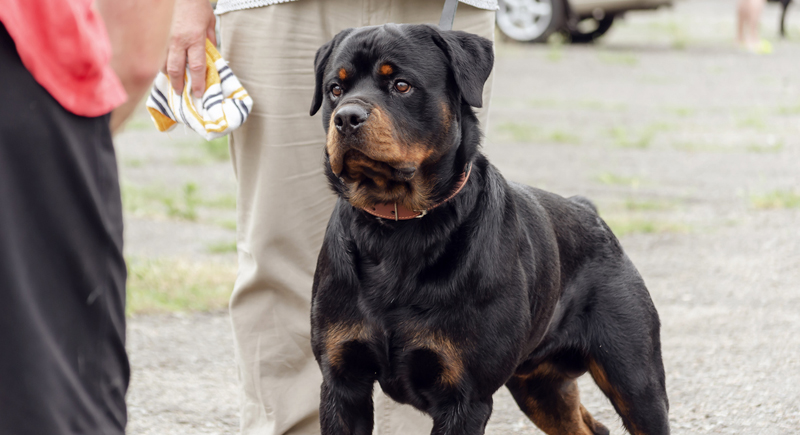
Credit: iStockphoto
Rottweilers are naturally cautious around strangers but are not inherently dangerous. Early socialization ensures they’re polite and calm when meeting new people. Their protective instincts only surface when they sense genuine threats. With proper exposure to different environments, they can be friendly and welcoming while staying alert.
They Don’t Make Good Family Dogs
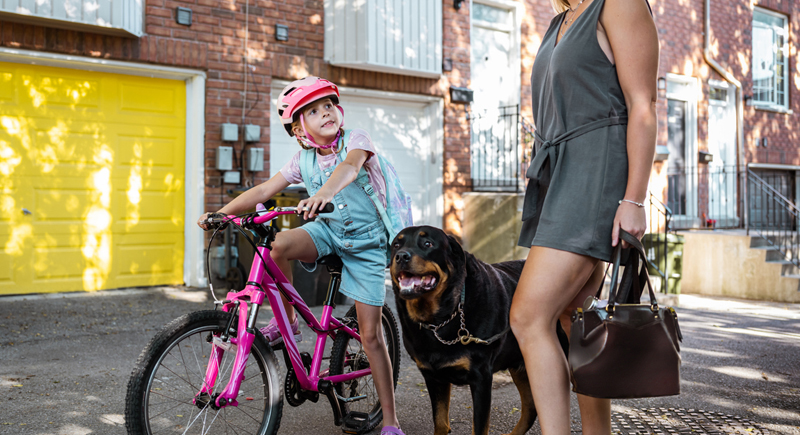
Credit: iStockphoto
Rottweilers are excellent family dogs, known for their loyalty and patience. They form strong bonds with their families and thrive on affection. Their calm demeanor and protective instincts make them trustworthy companions for both kids and adults. When raised in a loving home, they become a cherished part of the family.
Rottweilers Can’t Be Trained to Be Gentle

Credit: iStockphoto
Rottweilers are naturally gentle with proper training and socialization. Positive reinforcement teaches them to be calm and well-mannered. They respond eagerly to consistent guidance, developing into patient, reliable companions. Teaching gentleness from a young age ensures they grow into balanced dogs that are safe and loving with everyone.
They’re Aggressive by Nature Because of Their History

Credit: iStockphoto
Rottweilers were bred as working dogs to herd cattle and protect property, not to be aggressive. Their protective instincts stem from loyalty, not hostility. A well-raised Rottweiler channels these traits positively, becoming a gentle yet vigilant companion. Their behavior depends entirely on training, care, and the environment they’re raised in.
Rottweilers Can’t Be Service or Therapy Dogs
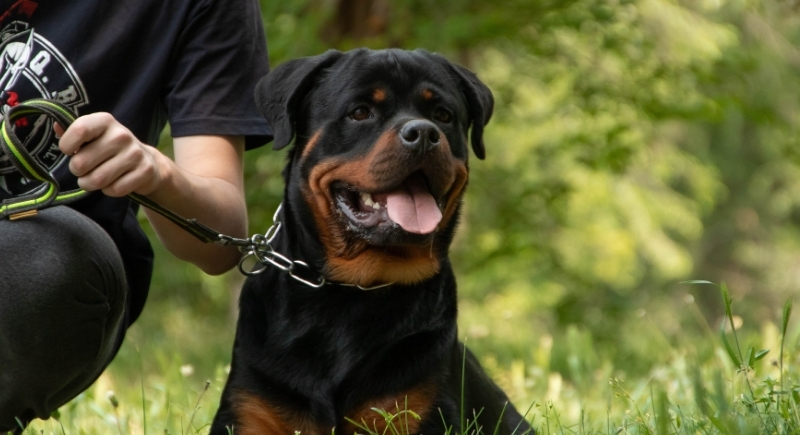
Credit: pixabay
A common myth is that Rottweilers can’t serve as service or therapy dogs. In reality, their intelligence, loyalty, and trainability make them excellent candidates for such roles. With the proper training, many Rottweilers excel in providing assistance and emotional support, offering comfort and companionship to those in need.
Rottweilers Don’t Show Emotion

Credit: pixabay
Rottweilers are often labeled as stoic or emotionless, but this couldn’t be further from the truth. They form deep bonds with their families and express affection in unique ways, such as cuddling or following their owners around. Their loyalty and protective nature often stem from a strong emotional connection with their humans.